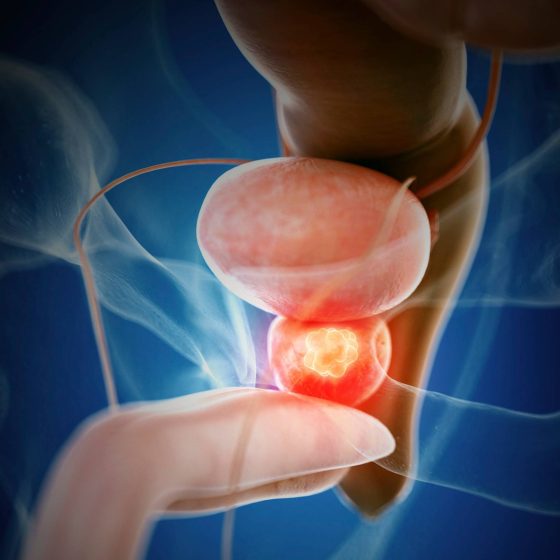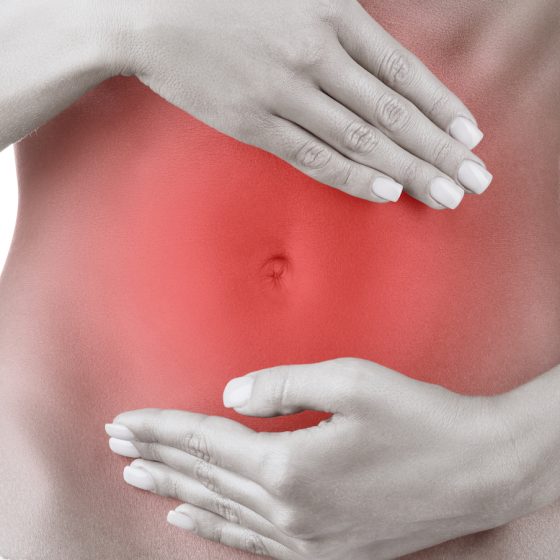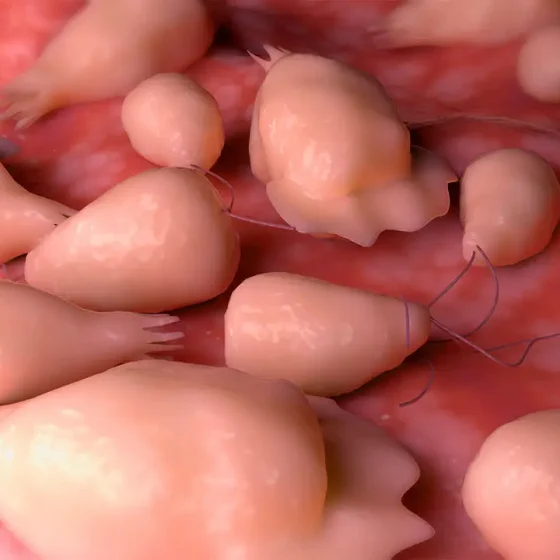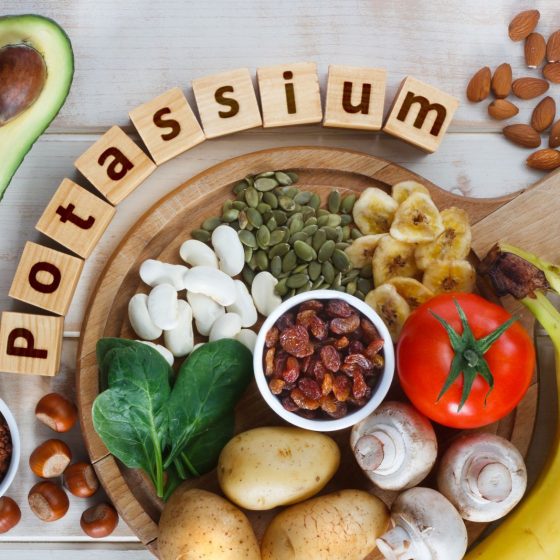Psoriasis medication
Medicines for psoriasis What is psoriasis? Psoriasis is a chronic skin condition that typically causes red, scaly patches on the skin. It is not contagious. While there is no cure, treatments are available to help ease your psoriasis symptoms. Psoriasis occurs when there’s too much inflammation in the skin. This causes rapid growth and shedding of skin cells, which build up into red and scaly patches. The patches can appear anywhere in the body but are most common in areas such as your: scalp elbows knees abdomen groin between the buttocks It often shows as red, raised skin rashes with













